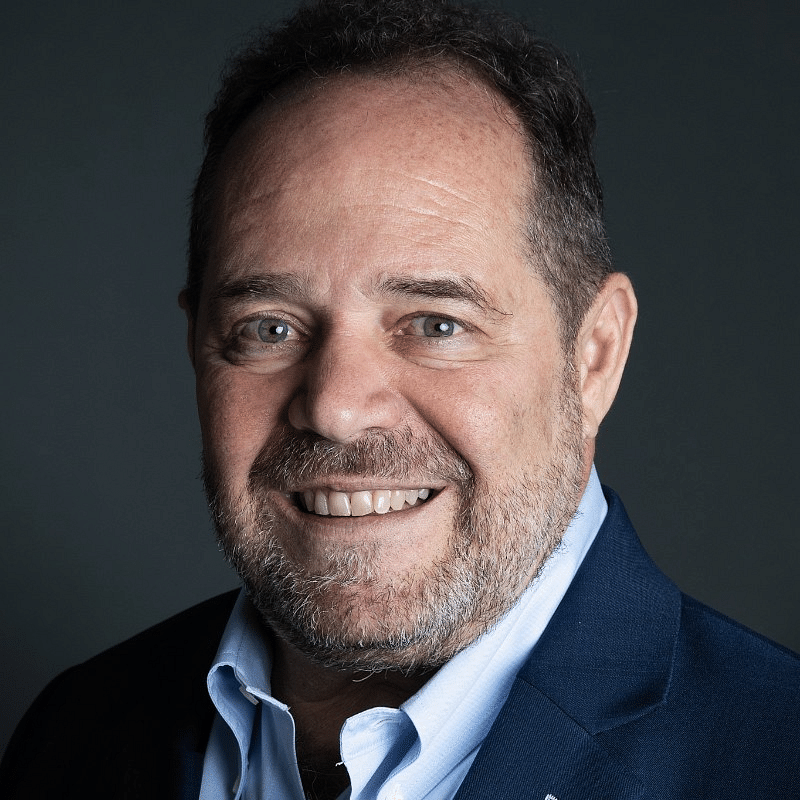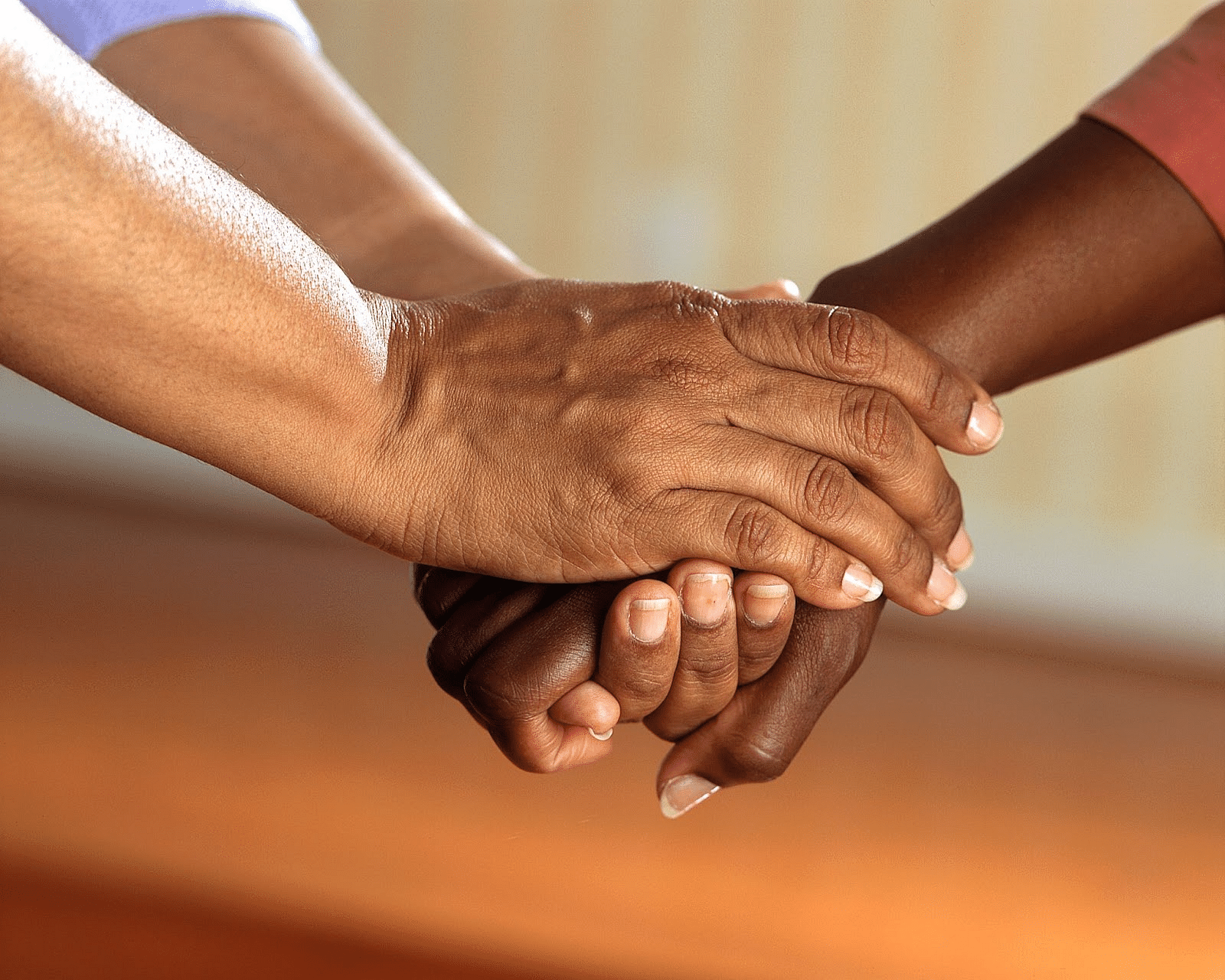
For any entrepreneur who wants to get noticed, addressing mental health and well-being is essential. Here’s why and how.
By Jim James, Host of The UnNoticed Entrepreneur.
Paul Meyers is an entrepreneur and a pioneer in Asia, especially in Business-to-Business (B2B), Technology, and Media. Now, he’s leading the industry on entrepreneur mental well-being and health. In the new episode of The UnNoticed Entrepreneurs, he discussed why mental health is such an issue for founders.
Image from LinkedIn
The Truth About Founding a Business
Paul is a multiple-time founder and has had a couple of exits, trainwrecks, and zombies. He’s been around the startup industry for about 20 years now. He’s also been a coach, mentor, venture capitalist, and investor.
During that time, he’s seen first-hand and anecdotally that being a founder is difficult. It’s not as glorious as it’s always painted to be. And, in fact, it's quite difficult and emotionally trying.
A lot of founders struggle with it because, first, the media portrays it as if they have to be successful — they have to be big. There’s Elon Musk, Mark Zuckerberg, and all the big names being successful. But they’re one in a hundred thousand or one in a million. For everybody else, it’s much harder.
Second, founders often work hard for several years, yet things are all uncertain, and all are changing. There are no real internal guideposts.
The third part is nobody talks about mental health because people believe it connotes weakness or failure if someone says they need help.
Normalising Conversations on Mental Health
Paul’s Singapore-based practice is called Asia Founder Coaching.
Based on his talks with founders in Asia, incoming enquiries he gets, and actual coaching numbers, 7 to 8 out of 10 founders are female. Additionally, about 15% of all startups have a one-woman founder, and 2 to 3% of venture money in 2022 went to female-founded companies globally.
The number of female founders he talks to is quite remarkable. Being in Asia, particularly Southeast Asia, men still find it very difficult to talk about and recognise weaknesses. For women, it’s a little easier.
To start talking about such a topic, especially in Southeast Asia, is just about normalising the conversation — it’s okay to talk about it.
However, there are a lot of cultural reasons why people still don't talk about it. For example, “failure” is still not very well accepted in the region, including Singapore, despite Singapore’s great effort to make a great startup scene with lots of money and structural support.
Image from Pexels
Normalising saying things like “Hey, I feel bad,” “This is scary,” or “I’m depressed” — normalising that process — is step one.
In Paul’s part, he has a monthly mastermind group called Founder Circle. It’s free, and he takes 10 to 12 founders to a closed-door gathering three hours a month on a Saturday, and they just talk about all those things, founder-to-founder. They open up and talk about what’s scary and difficult.
Sometimes there are tears, sometimes there are none, sometimes there’s laughter, but everybody comes away really charged and changed by doing it.
It’s already one step, and it’s something Paul does to help normalise it. Some of those people turn into clients. Some of those people don't turn into clients. But for him, simply making it okay to talk about these things shows that what he’s doing is all right.
A Male Trait
Many men find it hard to ask for help. It’s hard to say that they screwed up.
There’s a joke about how men don’t ask directions with maps — and it’s the same thing in business, especially if someone is giving them $10 or 50 million. They don’t want to show that they have a weakness necessarily because they have all these people relying on them. They have their teams, investors, partners, and, perhaps, a family.
This is a very male trait: They don’t want to show they’re weak. Rather, they want to show that they have it all together. Though it’s changing for some, it’s a traditional male behaviour, at least in the West.
How Stress Affects Entrepreneurs
Image from Pexels
Stress manifests itself in a few ways. Based on the founders Paul has observed and spoken to and his own behaviour, founders become less understanding and less empathetic.
Leaders are worried about many valid concerns. Am I going to meet payroll next month? Am I going to hit my numbers? Are my investors going to pull out? Are they going to fire me? I have to fire my co-founder. I hate my co-founder.
There’s a lot of stress in thinking about all these kinds of things. Whatever their response is, they’re going to be stressed out. And it’s going to manifest itself. They become short-tempered with people. They don’t sleep, go to the gym, and sleep well. They drink more and do drugs. And this is only when they start to see it. Their behaviour starts to change, and it goes in that direction.
Though Paul’s not an expert in it, he doesn’t see that kind of response as much among women.
How Talking to Fellow Founders Help
The first thing that Paul recommends to people who are feeling stressed out is to talk to other founders. And this is especially true for first-time founders.
No matter what business school they attend, books they read, or stories they hear won’t prepare them for the shock of how difficult and stressful it can be.
The people who can help them the most may not be their partner at home, their parents, or their investor (though investors are now getting better at it) — it’s the people who have gone through it before.
These are the people who will know and hear them out. They will give a pat on the back and talk it through. Almost all founders who have been through it are happy to talk to first-time ones going through it because they know. They know trying to do something great and change the world is difficult. They will offer to hold their fellow founders’ hands and help them out.
This is the first step. And sometimes, it’s enough for founders to know that other people like them feel the same thing they’re feeling — that they’re not weird and alone.
Image from Pexels
A Five-Point Framework
When Paul gives a talk, he often shares five things. The first one is the abovementioned talking to other founders.
The second is touching someone. What tends to happen is that people isolate themselves. When they start to work, they isolate themselves. But there’s a physical and hormonal reaction to not being touched. And the opposite of that is when they’re touched, there’s another hormonal reaction that makes them feel good and reduces their stress.
People in Japan and China go to cat cafes and pet places because there’s touching involved. Touching release those hormones that make people better. Whether they get or give a massage, they also get the same amount of hormones.
As human beings, the body and the whole system need touch.
The third one is what Paul calls “the purge.” When people wake up in the middle of the night or the morning, starting writing things down or getting them out — just like doing a brain dump — really helps. In his case, he does an oral journal and records it on his phone via the app, Otter.ai.
The fourth thing he recommends doing is celebrating wins.
People often forget about their wins. Founders, especially, have a to-do list of thousands of things. But whether it’s their team or them, they must take a minute and pat themselves on the back. They could have a cupcake or take the afternoon off and go fishing.
Recognition is one of the most important elements of job satisfaction; it’s not money. Once people get to a certain level and they’ve got a team around them, giving recognition to them can be as important or more important than giving them a bonus.
But founders forget about doing it because they have many other things to do.
For instance, they just closed a hundred-thousand-dollar sale, but their target is $1.5 million. And so their next thought is about how to hit it. However, what they achieved is already a good job. They could shake hands, give a hug, buy a cupcake, eat pizza, or go to the movies, taking a moment to celebrate because it makes a huge difference.
The last of the five things is something he discovered.
Paul sold his company and got divorced at almost the same time. He had no idea who he was back then as he lost those two identities. It was also difficult for him because he was raising young children and trying to figure it out. What really helped him was volunteering to help somebody else. In his case, it was helping kids with physical issues learn to swim. It later expanded into teaching people to read.
When someone — as a founder and a human — dedicates time to volunteering and helping someone out, it allows them to not think about themselves because they’re thinking about someone else.
Image from Pexels
Paul was a boy scout as a kid, and the boy scout motto is “Do a good turn daily.” It was always portrayed as helping a little lady cross the street. Often, 15-year-old boys snicker when they hear it because it isn’t the right marketing message for 15-year-old boys.
But if founders can help people and stop thinking about themselves for a little while, it puts everything in perspective. And it balances the world.
Health is Something that Must be Prioritised
Many founders reach out to alcohol, coffee, and cigarettes. Most of those the same age as Paul will have addressed most of these bad habits. But they can still be seen in some.
To be healthy, Paul refers to the holy trinity of basic health: eating, sleeping, and exercising. This is the kind of thing founders learned from their parents or school as kids. And they have to relearn these a hundred times.
Sometimes, they have to learn things the hard way. For example, Paul smoked, and it took him 15 years to quit smoking because it wasn’t good for him. Now, he exercises every day, and he meditates as well. He does yoga a couple of days a week. He does these things because he needs to.
There are all sorts of cautionary tales out there about what goes wrong if people don’t look after their mental well-being.
People stay up late, drink too much, and do too many drugs. There was a time in California when cocaine was a big thing. Paul had friends who died because they’d stay up late, work hard, party hard, and do too many drugs. Either their hearts would stop, or they’d make ill-advised decisions and drive when they shouldn't or get on a ladder when they shouldn't.
Hence, it’s really important for people to take care of themselves. Not taking care of oneself doesn’t only happen when they do cocaine. It also happens in other ways — when they don’t sleep, they also don’t take care of themselves. People forget these things, thinking they could continue at that level, but it doesn’t work.
Most founders are also serial entrepreneurs. And they must be well enough to do their second business after exiting the first one. But even if they don’t exit from their first business, they still need to be resilient physically.
To learn more about Paul’s coaching practice, visit www.asiafoundercoaching.com. He’s also on LinkedIn and Twitter (@asiafounder and @visionthing), where he has a cool hashtag: #BetterCallPaul.
The UnNoticed Entrepreneur podcast is sponsored by Prowly, the all-in-one software for leveraging PR activities. Boost the media relations game for your business - get more coverage while saving time and money on everyday tasks.
This article is based on a transcript from my podcast The UnNoticed Entrepreneur, you can listen here.
Cover image by pressfoto on Freepik




